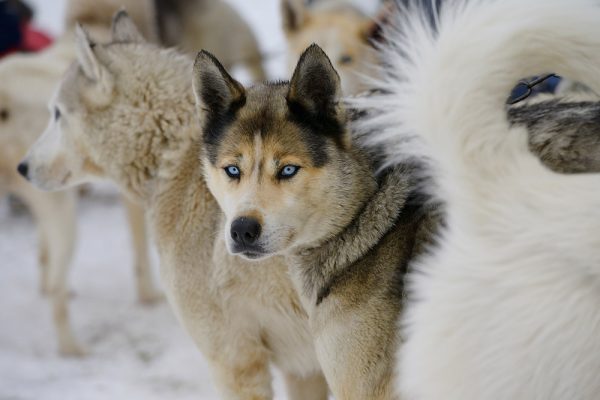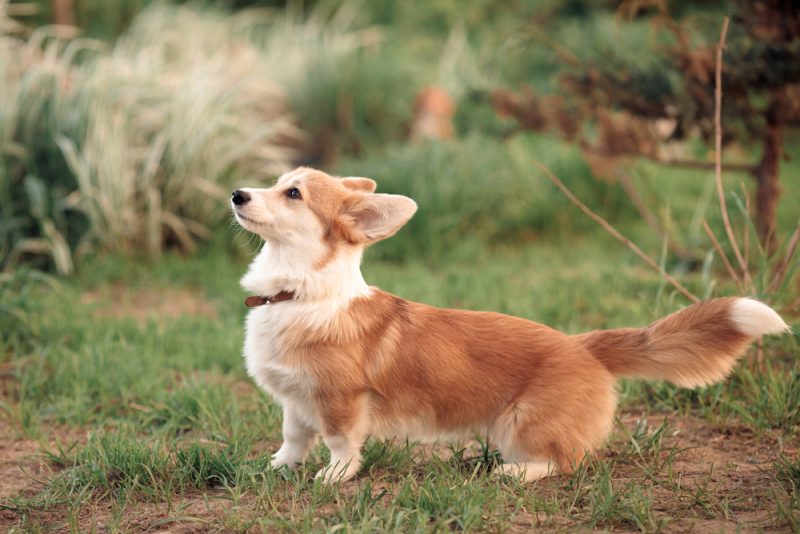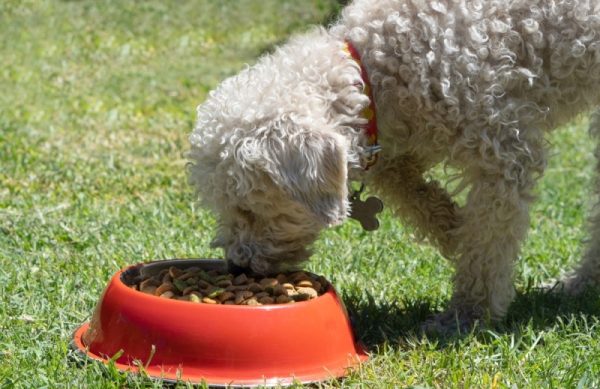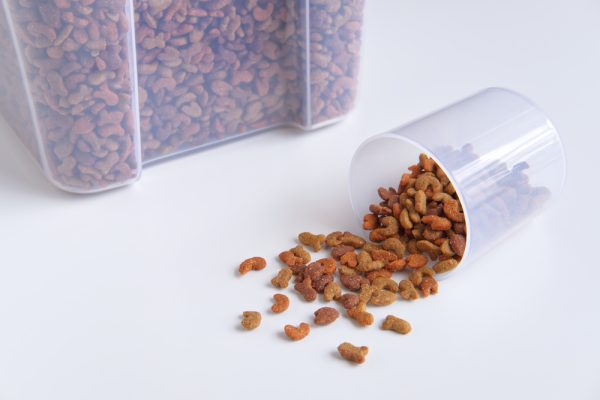In this article
View 3 More +French Bulldogs are an adorable dog breed that has exploded in popularity within the last decade or two. They are exceptional dogs that have more than a pretty face. They can be athletic, playful, friendly, social, and loving. It’s no secret that people who have French Bulldogs adore their dogs and the breed in general.
However, one downside of this breed is that it is plagued with a variety of health issues, from minor to very serious. So how long do French Bulldogs live? The Frenchie’s life expectancy is usually 10-14 years, but unfortunately the aforementioned health issues can sometimes impact this and make it shorter than expected. Here’s what you need to know about the expected French Bulldog lifespan.

What’s the Average French Bulldog Lifespan?
The average lifespan of a French Bulldog is 10–14 years. Although this is still a long lifespan, it’s more in line with the lifespan of large breeds. Often, small breeds tend to live longer on average than giant breeds do, but the French Bulldog has a number of issues working against it.
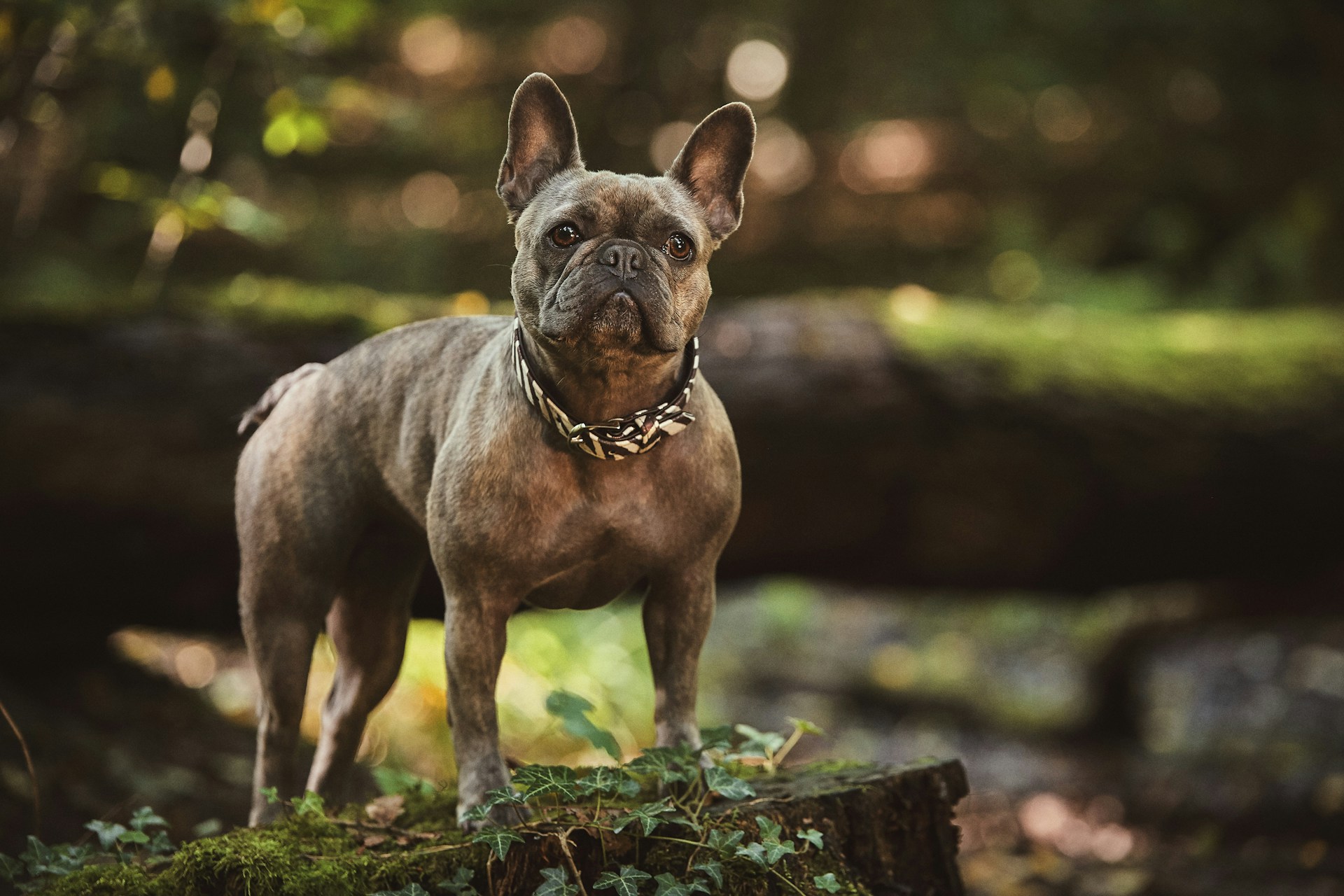

Why Do Some French Bulldogs Live Longer Than Others?
1. Nutrition
High-quality food is an important part of keeping your French Bulldog healthy and supporting longevity. Their food should support a healthy body weight, as well as reduce the risk of problems like heart disease. Obesity is a major concern with this breed, and even a few extra pounds on a Frenchie’s body can be detrimental to their health and ability to breathe. It is therefore recommended to consult your Frenchie’s feeding schedule and dosage with a vet, so you can get it right.
If you need to speak with a vet but can't get to one, head over to PangoVet. It's our online service where you can talk to a vet online and get the personalized advice you need for your pet — all at an affordable price!

2. Environment and Conditions
The living conditions a French Bulldog is kept in can have major implications for their overall health. For example, a Frenchie who lives in a home where people smoke within the home is more likely to develop respiratory problems. For a brachycephalic (flat-faced) dog breed, this is a major problem.

3. Housing
French Bulldogs should not be outdoors for long periods, especially on hot days. Those that are kept outdoors are not only at a greater risk of injury and death from cars and other animals but also due to temperature. This breed has a very low heat tolerance, and warmer weather can spell disaster and lead to heatstroke. Frenchies must live indoors in climate-controlled environments, only going outdoors when necessary and safe enough for play and exercise.
4. Size
There doesn’t seem to be much of a connection between the size of a French Bulldog and its lifespan. However, there is definitely a connection between the weight of a Frenchie and its lifespan. Overweight and obese dogs live shorter lives and are more likely to develop joint, respiratory, and cardiovascular problems than dogs that are a healthy weight.
5. Sex
There does not seem to be a correlation between the sex of a Frenchie and their lifespan, but it’s important to keep in mind that females who are not spayed are more susceptible to mammary cancer and uterine infection (pyometra) than those who get spayed earlier in life.
6. Genes
This has quickly become an extremely unhealthy dog breed due to poor breeding practices. Puppy mills and backyard breeders have mercilessly bred Frenchies in favor of coat colors and body shapes that aren’t within the breed standard and, frankly, not so compatible with healthy living. Poor genes leading to narrow nostrils, long soft palates, and poor body conformation can shorten a dog’s lifespan.

7. Healthcare
Just like with people, a lack of healthcare can lead to poor outcomes and shortened lifespans. A responsible French Bulldog owner will ensure their dog is always up to date on things like heartworm prevention, flea and tick medication, and vaccines. Dogs should see their vet annually, even if they aren’t due for any vaccinations, to catch medical problems early and provide the best outcomes.

The 5 Life Stages of a French Bulldog
Puppy
Puppies are typically considered to be dogs less than approximately 6 months of age. By this age, most dogs are not fully developed, but they have reached sexual maturity, which means they are capable of reproducing. Some dogs may not reach sexual maturity until closer to 9 months of age.
Adolescent
Adolescence in dogs can vary in length, but it typically lasts from the time of sexual maturity, around 6 months of age, to approximately 18 months of age. During this period, your dog will still have puppy-like energy levels, but they will continue to grow and develop.

Adult
Adult dogs are dogs that have finished growing, which is usually around 18 months of age for Frenchies. During adulthood, your dog will still be active but will likely have lost its puppy energy. This usually makes them more manageable, but they will still want and need daily playtime and exercise.
Senior
Senior dogs are those aged 7 years and above. Some dogs may not exhibit noticeable changes for multiple years after reaching their senior stage. Dogs in this life stage still need plenty of exercise, but their dietary and activity needs may shift. It’s during this period that dogs are most likely to develop diseases often associated with age, like kidney disease, certain cancers, and heart disease.
Elderly
Although you could put a specific age on this life stage, it’s easiest to consider an elderly dog to be one that has outlived its life expectancy. An elderly dog may have additional needs they did not have before. It’s not uncommon for elderly dogs to experience some level of incontinence, confusion, and joint discomfort. These problems can be managed with veterinary care.
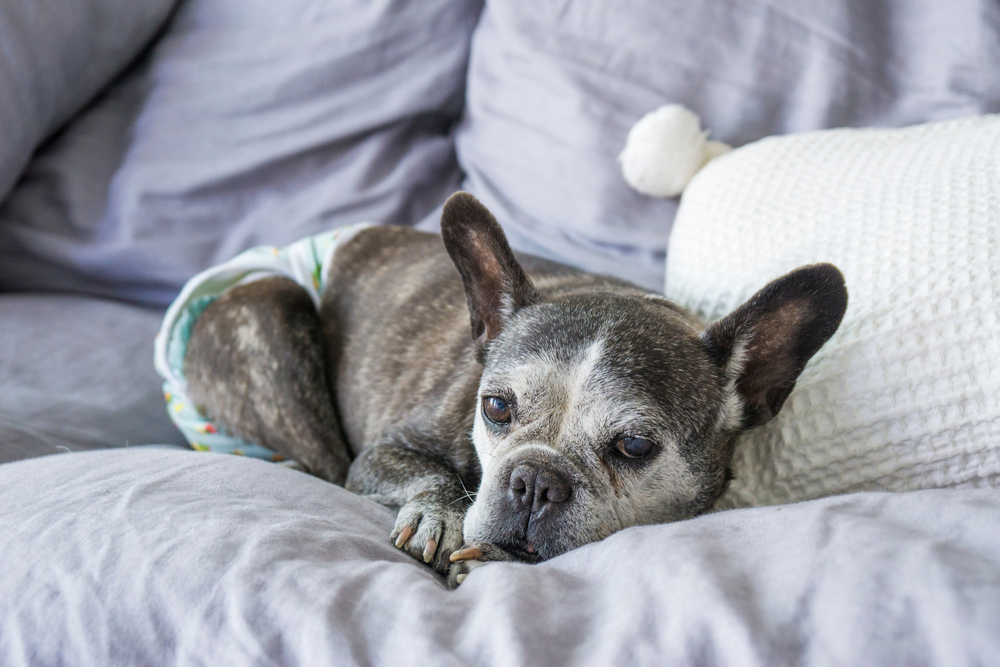

How to Tell Your French Bulldog’s Age
In case you don’t know his or her date of birth, there are a variety of ways to estimate a dog’s age, but none of them are entirely accurate. As a dog ages, they will usually begin to develop gray or white fur, especially on their face and feet. With light-colored dogs, these changes can be difficult to notice, and with some other dogs, this isn’t an accurate way to determine the dog’s age because they may begin to lighten at a relatively young age.
The closest thing we have to an accurate representation of a dog’s age is by looking at their teeth. Older dogs’ teeth usually show more significant wear than younger dogs’ teeth do. Even this isn’t accurate, though, and it’s especially inaccurate in a breed like the French Bulldog. Because of their brachycephalic snout, their teeth are often crowded, and they are prone to developing dental problems, so it’s not uncommon for younger Frenchies to have missing or worn teeth.
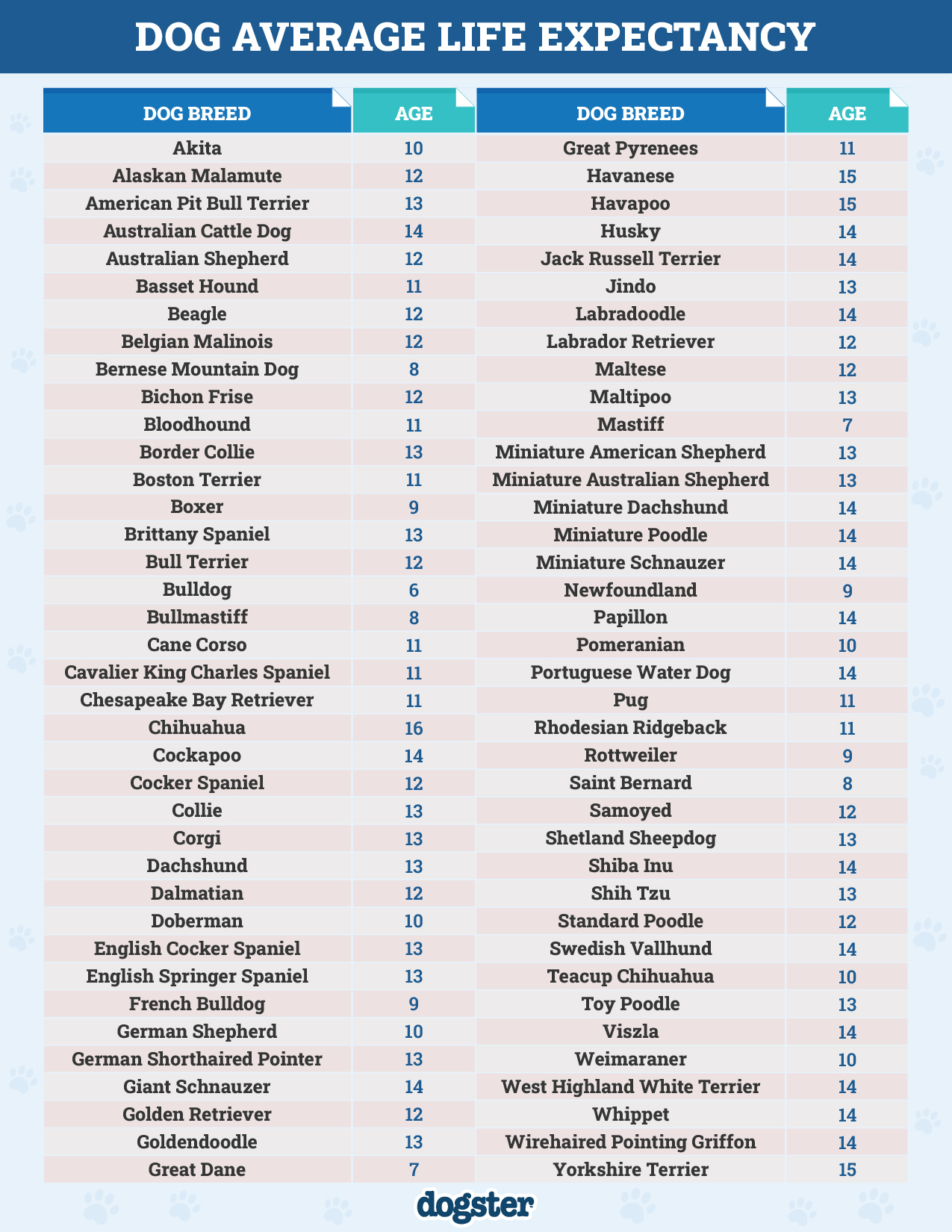

Conclusion
While French Bulldogs are great dogs, it’s important to have an idea about the long-term survival of this breed and the associated breeding practices before bringing one into your family. Speak to your vet about all you can do to ensure a future Frenchie lives a long, thriving life.
Related Reads:
- Common French Bulldog Anal Gland Health Issues Explained (Vet Answer)
- Can French Bulldogs Go Up & Down Stairs? Our Vet Answers
- How to Choose the Right Dog Food: Nutrition, Labels & More
Featured Image Credit: Tanya Consaul Photography, Shutterstock






